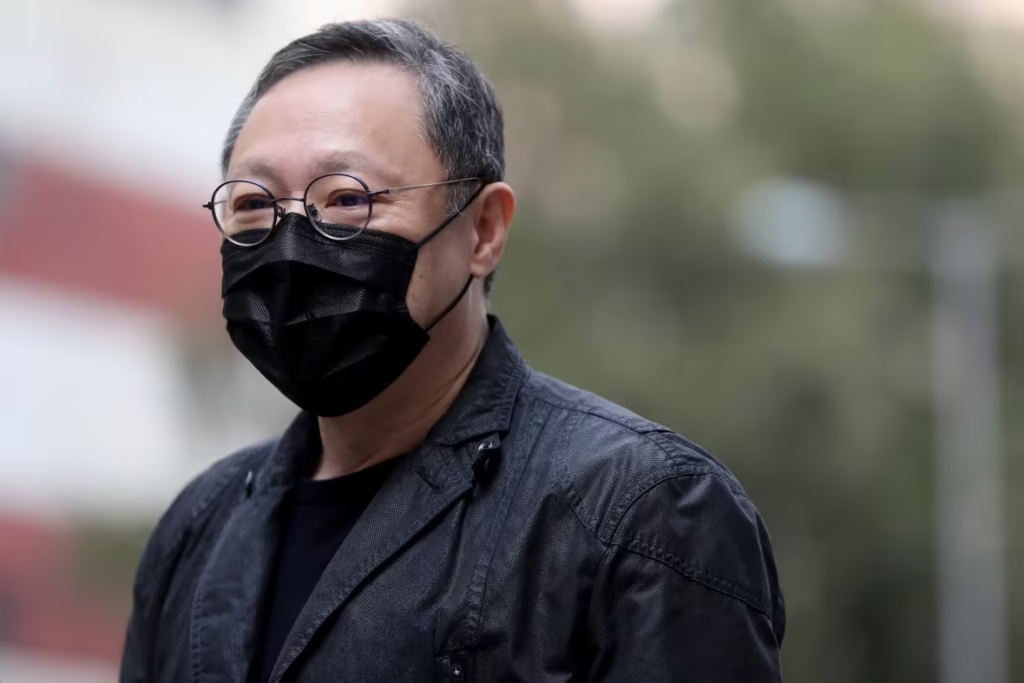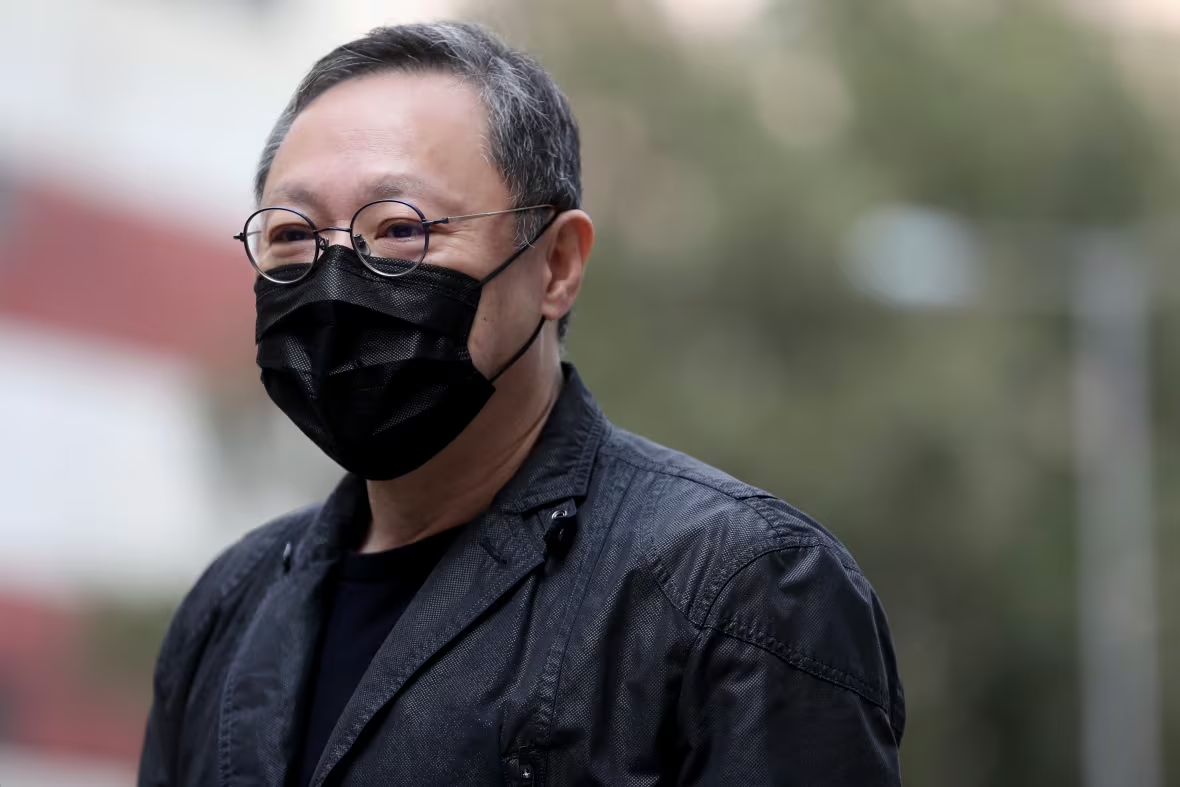by Admin
Nov 19, 2024

The Hong Kong Supreme Court has decided to send 45 out of 47 pro democracy activists to prison on the grounds of attempting Subversion in a protest the group organized in 2019 against extradition treaty rights between Hong Kong and Mainland China which later escalated into a major civil rights movement which called for implementation of pro democracy reform in Hong Kong.
The trial which ran for 118 days is the largest national security case ever recorded in the history of Hong Kong. The trial saw Benny Tai, a 60-year-old legal scholar who was accused of playing a significant role in Hong Kong’s pro-democracy protests of 2014 and 2019.
Benny Tai, was handed the longest prison sentence of 10 years Tuesday after prosecutors castigated him as the organizer of the protests that led to separate the pro-democracy elections in the city -state without the involvement of the government.
The pro-democracy activists organized elections to elect lawmakers who would vote against the city-state’s budget to force the dissolvement of the state’s legislature and the removal of the city’s leader which is an act that is allowed under Hong Kong’s Basic Law.
Benny Tai and 44 others were found guilty of offenses related to organizing an unofficial primary election to choose pro-democracy candidates for the city’s legislature.
Out of 47 defendants arrested by Hong Kong’s national security police in a predawn raid in January 2021, 31 pleaded guilty, including Tai while two others were acquitted of the charges former district councilors Laurence Lau and Lee Yue-shu.
Lee Yue-shun, speaking to reporters, said he urged the citizens of Hong Kong to “raise questions” about the case, as “everyone has a chance to be affected” by its outcome.
Among the convicted activities were former journalist and legislator Claudia Mo, 67, who received four years and two months, and internationally well-known activist Joshua Wong, 27, who received four years and eight months.
Before the sentencing hearing on Tuesday many of the activists had been remanded in prison for three years after being denied bail after they were arrested in a pre-dawn raid in January 2021 and a hearing in March of the same year.
Under Hong Kong’s Beijing-drafted national security law, defendants charged as “primary offenders” face a maximum punishment of life imprisonment, while lower-level offenders face sentences of between three and 10 years.
The case which drew attention internationally was widely condemned by the United States government and Australia government. The United States government described the trial as a politically motivated act against democracy by Hong Kong and Beijing while the Australian government said it stood against the abuse of the National Security Law (NSL) and that it had been weaponized by the Hong Kong and Beijing authorities in sentencing its citizens.
Penny Wong, the Australian Foreign Minister said “Australia has expressed our strong objections to the Chinese and Hong Kong authorities on the continuing broad application of national security legislation, including in application to Australian citizens”.
However, Hong Kong and Beijing have refuted the allegations against them and argued that the law must take its course and that they strongly oppose foreign interference in the affairs of China, the Chinese foreign ministry said “No one can engage in illegal activities in the name of democracy and attempt to escape justice,… discrediting and undermining the rule of law in Hong Kong.”
Prodesq political analyst Temitope Oladeji, gathered that since the 2019 protests and massive police raids in 2021, Hong Kong has witnessed a significant reduction in protests against the government for the fear of being arrested and made a political martyr in a political war between the Chinese communist system of government and the Western pro democracy movement.
Furthermore, Beijing regards the 2019 protests has a strongly motivated Western weaponized coup against the Chinese government and a challenge against China’s authority over Hong Kong which has earlier today the British Prime Minister, Keir Starmer accused the Chinese government of Human Rights violations after he held a private meeting with the Chinese president Xi Jinping at the G20 summit in Brazil, where Starmer became the first British Prime Minister to shake hands with the Chinese president in half a decade.

